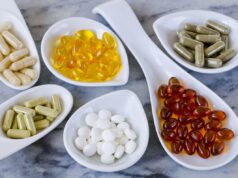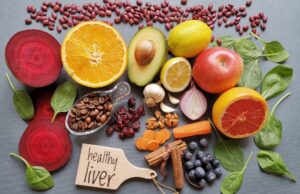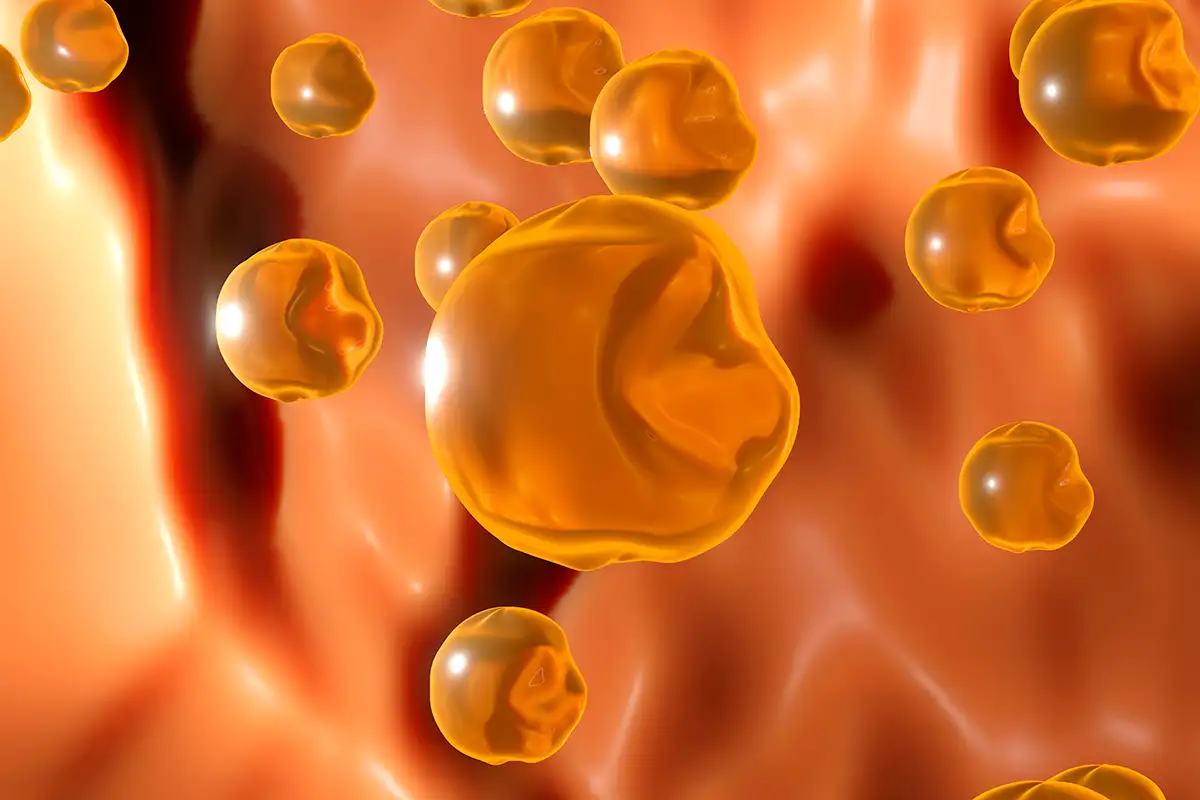
Cholesterol, like many other types of nutrients and foods, is good for your body in moderation. However, excess cholesterol will stick to your arterial walls, preventing your blood from flowing smoothly. This blockage can put you at risk for heart diseases.
Not all types of cholesterol are harmful, though. High-density lipoprotein (HDL) is good cholesterol, while low-density lipoprotein (LDL) is bad one. As long as you keep your LDL low, you’re good to go.
1. Limit Unhealthy Fats

Various health issues can be minimized or outright prevented by just eating right. In terms of cholesterol level management, however, the key is to consume less saturated fat.
Food sources such as red meat and full-fat dairy products are the primary sources that would contribute to your LDL cholesterol.
At the same time, it is recommended to avoid trans-fat as well. Products that contain partially hydrogenated vegetable oil, such as margarine and store-bought pastries, are the primary sources of trans fats.
2. Increase Physical Activity
Sedentary lifestyles have become increasingly common with COVID-19 when everyone is staying home.
Aim for at least 30 minutes of physical activities every day, whether through walking, home workout sessions, dancing or any other forms of physical activities.
You won’t have to go for complicated exercise routines with expensive equipment either – it’s the consistency that counts. Just keep moving every day to get a good head start.
3. Keep Yourself Hydrated
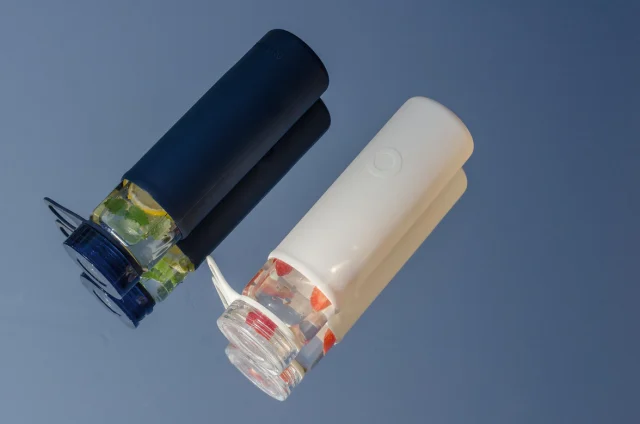
Water plays a crucial role in many of our body processes. You’ll want to drink more water, especially when you are exercising.
You could also start to replace your sugary drinks and carbonated beverages with plain water too.
Aside from helping you stay healthy, this simple method of switching to water will also help you save some money.
If your doctor has advised you to lose some weight to lower your cholesterol levels, then drinking some water before you have your meal will do you good too.
Paired with increased fibre intake, you’ll find that keeping yourself hydrated will also aid in portion control.
4. Minimize Alcohol
If you’re a drinker, you might be pleased to find out that moderate drinking has been linked to higher levels of HDL cholesterol.
However, this increase comes with various other health concerns, which would negate any
possible positive effects that alcohol could ever cause.
As such, it is recommended to drink alcohol only in moderation, which would mean one drink a day.
As with many other recommendations in this article, discipline is key to maintaining healthy habits like minimizing your alcohol intake for a better health outcome in the long run.
5. Quit Smoking

The measures required to keep your cholesterol levels low do not stop at limiting your alcohol intake.
When you quit smoking as well, you’ll see your cholesterol levels being much more in control compared to when you were still actively smoking.
Some studies have shown that within just three months of quitting your smoking habits, you’ll see your lungs functioning better, thanks to having better blood circulation.
The same studies have shown that you’ll even lower your risks for heart diseases by half one year after you quit smoking.
That’s quite a lot of benefits which you can get by overcoming your nicotine addiction.
6. Take Supplements
Various supplements are available to keep your cholesterol levels in check. You can buy SR-9009 in Australia which aids in lowering cholesterol levels here: https://phoenixgenresearch.com/
Most of the time, these supplements would contain ingredients such as red yeast, rice, flaxseed and other ingredients which are good for fat-burning and other heart-related health concerns.
It is always recommended to check with your doctor to see if any new supplements you are taking might interfere with medicine you are currently taking.
7. Increase Fiber Intake
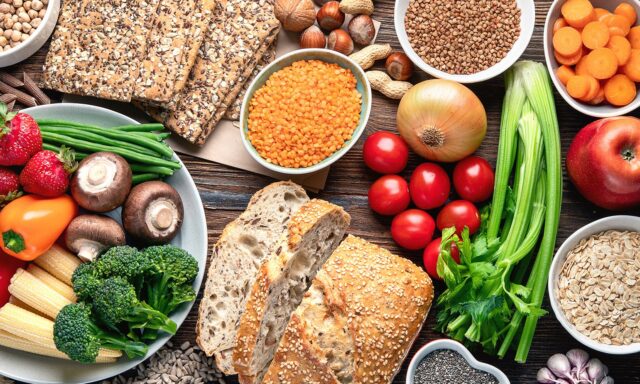
You’ve probably already heard that fibre is good for your digestion. However, did you know that fibre is also essential for maintaining good cholesterol health?
When you eat foods with soluble fibre such as Brussel sprouts, apples and oatmeal, you’re reducing the cholesterol absorption in your bloodstream too.
Yes, the type of fruits and vegetables you eat may factor into how efficient they lower your cholesterol levels.
As such, you’re advised to consume more foods that are known for better cholesterol management.
8. Eat Foods That Help Lower Cholesterol
There are foods that you can eat to help lower your LDL or “bad” cholesterol. LDL causes plaque to build up in your arteries and can result in strokes, heart diseases, and heart attacks.
The good news is that many of these foods could already be part of your daily diet. And if not, they are easy to add, nutritious, and delicious.
- “An apple a day keeps the doctor away” is a well-known phrase because it’s true. Apples are a great source of pectin, one of several soluble fibres that lower LDL.
- Have you ever heard anyone complaining that they have to eat chocolate for their health? Well, it’s true. Dark chocolate is made of flavonoids, antioxidants that lower LDL levels. Like anything else in life, moderation is key. Because dark chocolate is also high in sugar and saturated fat, don’t eat too much of it.
- Include legumes and beans such as red, white, lentil, and pinto in your daily diet.
- If you are a citrus fruit lover, eating red grapefruits can help reduce LDL as they contain lycopene and liminoids compounds that help lower LDL cholesterol.
- Avocados contain oleic acid that helps lower LDL levels in the bloodstream. There are other ways to include avocados in your diet besides eating guacamole. You can also add them to a salad or put a slice on your sandwich.
- Red wine is another way to help lower your LDL. It contains resveratrol that is found in the skin of the red grape and can also help protect against coronary artery disease. Drinking too much leads to various health issues, so again, moderation is the key.
- Add nuts and seeds to your baking products and breakfast cereal or eat them as a snack. Almonds, flaxseeds, walnuts, and others are full of protein and good fat.
Are You Ready to Start Lowering Your Cholesterol?
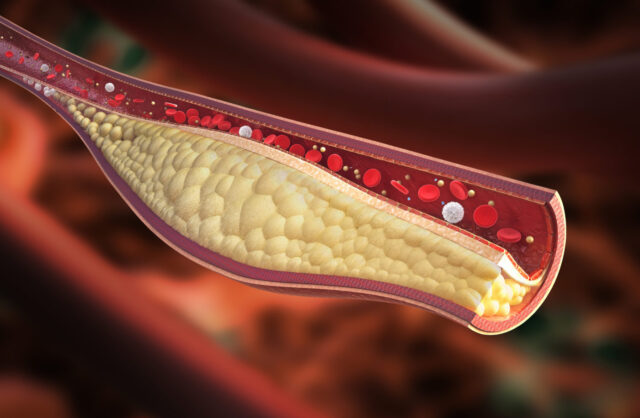
By eating healthy, limiting unhealthy fats, increasing physical activity, staying hydrated, drinking less alcohol, quitting smoking, taking supplements, and increasing fibre intake, you will be on the right path to lowering your cholesterol and improving your cardiovascular health.
Talk with your doctor to coordinate the best plan of action for your best health. Don’t look at this process as overwhelming or intimidating.
Lowering your cholesterol doesn’t mean you have to totally change your life. Instead, change your mindset first.
Look at your process as moving towards better habits and improved health. The right time to start taking care of your health is now.
Lean on friends and family for support and be sure you have a doctor who will be there to offer advice and encouragement.


